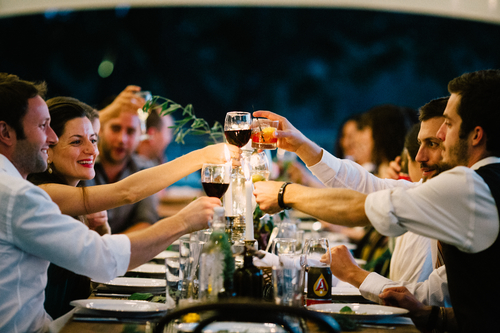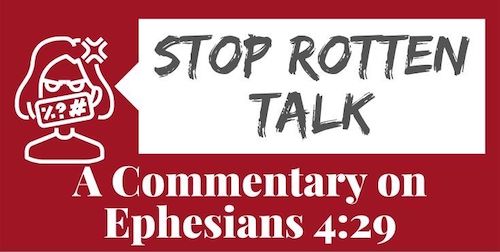
To Drink or Not to Drink
I heard a sermon on the sin of alcohol consumption, where the pastor claimed that whenever the Bible mentions wine, it’s referencing grape juice. He went on to say that alcohol is dangerous (possibly), addictive (agreed), and a narcotic (wait, what?)
The DEA classifies narcotics (also known as opioids) as controlled substances. They reduce pain, induce sleep and euphoria, and do not sit on grocery store shelves. Even at a drug store, we cannot purchase narcotics unless a pharmacist has dispensed them via a doctor’s prescription.
I’m not here to abolish teetotalism. I grew up less than eighty miles from Napa Valley, California, and have tasted (and spit out) some fantastic wines. Even so, as a headache-prone lightweight, I prefer Welch’s over Wente. Alcohol carries little appeal for me. The collegiate fascination with drinking to the point of vomiting gets lost on me. I’m more of a ROFLer than a ralpher when it comes to wine. Glass One: I’m laughing from all the jokes I’m telling myself. Glass Two: I’m ready for slippers and PJ’s. Why cut a night of fun (or date) in half? Besides, this control freak would rather not end up with Doritos up her nose. (I’ve seen it happen, people. Not pretty.)
But this post isn’t about me, or the DEA, or intoxication leading to potential nostril Doritos. It’s about Jesus’s first recorded miracle in the Gospel of John.
In John Chapter 2, Jesus, his mother, and disciples attended a wedding in Cana. After some time the wine ran out. So Jesus turned six large stone vessels of water (twenty to thirty gallons each) into wine. That would equal almost 1000 bottles of wine—too many for the guests to consume.
The head steward tasted the wine, and not knowing where it came from, commended the bridegroom for saving the good wine. (It was customary to serve the good wine first, and the cheap wine after the guests have gotten drunk. Who knew boxed wine existed during biblical times?)
Two observations about this miracle: 1) True to character, Jesus did not hold back the abundant overflow of the good stuff, and 2) Jesus is a wine snob.
I bet you think the pastor who called alcohol a narcotic would also say that Jesus made grape juice (not wine) at the Wedding in Cana. The pastor did say that. But why would Jesus make the equivalent of 1000 bottles of grape juice at a wedding? It would have made more sense to serve wine. Grape juice equals grape juice. Not too much variety in my opinion. But the great tasting wine that Jesus made impressed the head steward. Who gets this excited over grape juice? And remember, the cheaper wine got served later at weddings, because the guests would get dulled from drunkenness. I’ve never witnessed dulled senses from grape juice consumption.
I’ve also not heard of grape juice used for medicinal purposes. In 1 Timothy 5:23, Paul gives advice to Timothy by encouraging the consumption of (a little) wine, and not only water to help with his frequent GI ailments. Ethanol does have some disinfectant properties, and the Jews and Greeks often drank wine as a remedy for certain illnesses.
Some argue that Jesus would not perform a miracle to create a harmful substance. But by making wine Jesus did not condone drunkenness. We must imbibe in moderation and with control. Jesus restored sight to a blind man or two. But this does not mean Jesus would have condoned these men using their eyes for lustful Pervy McPerv creepy ogling.
So what’s the point? Well, that’s up to you and your interpretation. Here’s mine: God gives us all-variety of good gifts including free will. We ought to enjoy his gifts in godly ways.




